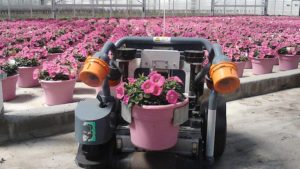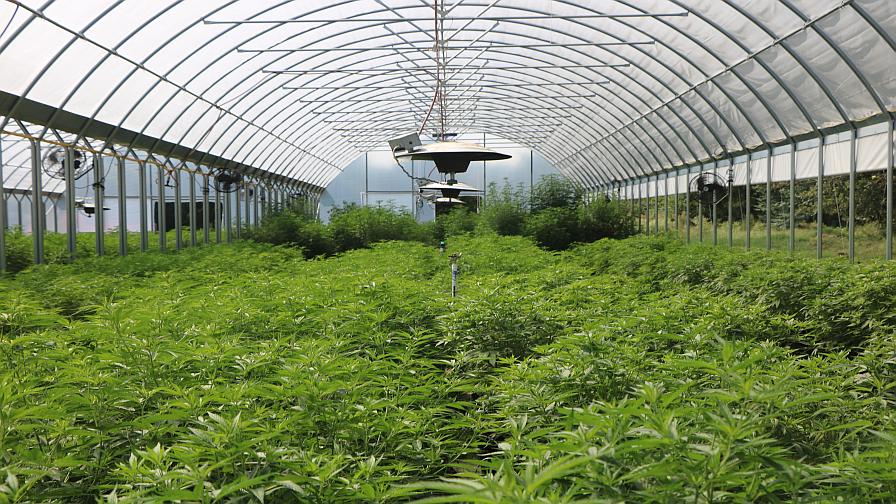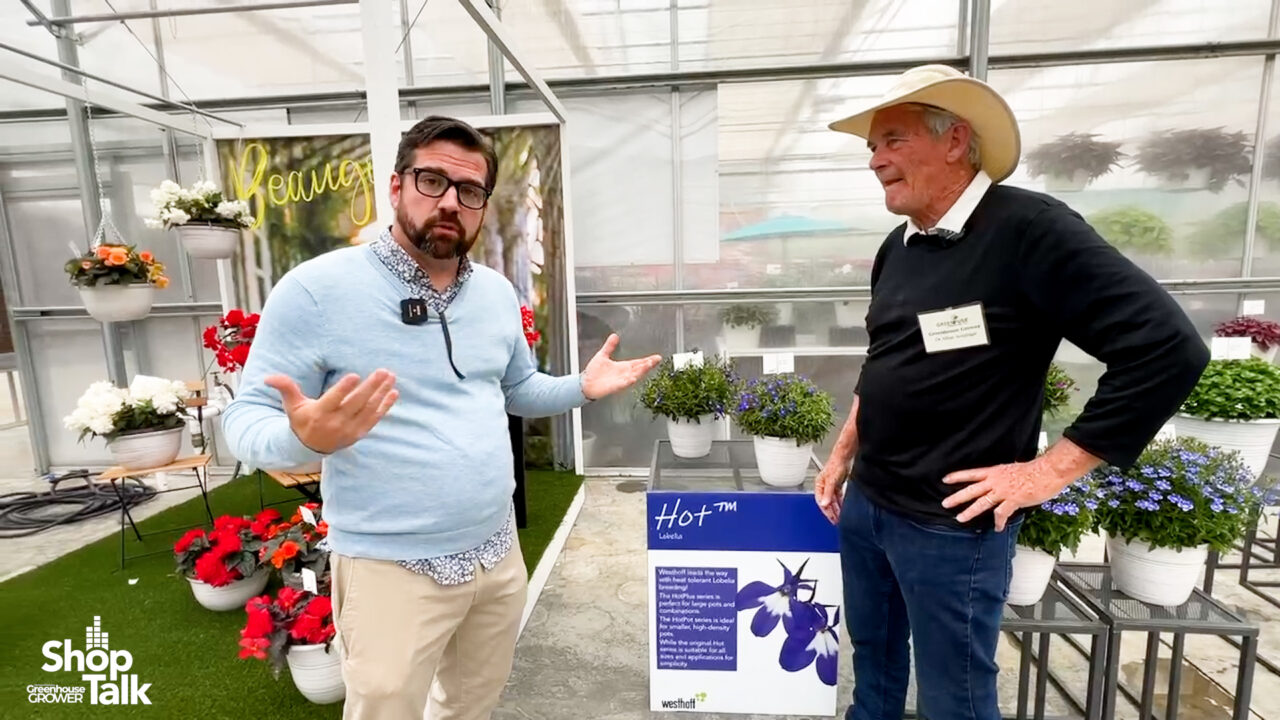Political Stalemate On Labor Means Your Opportunity To Automate
 If you ask me, November 9 can’t get here soon enough. Why? Because it’s the day after Election Day — an occasion that should be marked by its symbolism of democracy, but instead will likely have many of us breathing a sigh of relief that our long national nightmare is finally over.
If you ask me, November 9 can’t get here soon enough. Why? Because it’s the day after Election Day — an occasion that should be marked by its symbolism of democracy, but instead will likely have many of us breathing a sigh of relief that our long national nightmare is finally over.
Those of you who attended Cultivate’16 or some of the other industry conferences this summer may have seen presentations from Craig Regelbrugge, Senior Vice President of Industry Advocacy and Research at AmericanHort. Regelbrugge spoke several times about the implications of this year’s election on the floriculture industry, especially when it comes to labor issues.
I spoke to Regelbrugge a few times this summer, and each time I asked him about the current political climate, he kept using the words “unpredictable” and “frustrating,” these are not exactly words of encouragement as we decide the next leader of our nation and our Congressional representatives.
When asked to give his prediction, Regelbrugge says the House of Representatives is virtually certain to remain under Republican control next year because the vast majority of House seats are “safe” seats for whichever party that holds them. So, Republicans are likely to lose some seats, but still retain control.
However, he also says the seats that may switch tend to be held by more moderate members.
“This may mean more throbbing headaches for Speaker Paul Ryan on any major issues of division, with immigration reform being a prime example,” he says. Democrats may succeed at taking the Senate, Regelbrugge says, as Republicans have more ground to defend and most of the toss-up races involve seats held by the GOP now. But whichever party gets a majority, it will be a slim one, which means nothing will move forward without a good measure of bipartisan support.
A Time To Overcome Cynicism
So what happens when the election is finally over? It’s highly unlikely that anyone will make good on their vow to move to Canada based on the results (at least I think …), but the reality is that, save from a situation where one party controls the Oval Office and both Congressional chambers, major reform in any direction is not likely to happen too quickly.
Going back to the topic of labor and immigration, even with both presidential candidates being pretty clear in where they stand, I can’t imagine we’re going to have a wall, or an approved piece of legislation with comprehensive immigration reform, any time soon.
Fortunately, Regelbrugge is a bit more optimistic than I am, and says he feels that the environment may soon be more conducive to immigration reform. Through AmericanHort, he is using every tool and every opportunity to voice the concerns of the floriculture industry.
“We face the challenge of deep and growing cynicism about politics,” he says. “But like it or not, our political system is inherently competitive, and decisions made every day at all levels of the government have an impact on horticultural businesses. Virtually every decision results in someone being better off, and someone else less so. If you opt out of participating, you’re likely to end up on the losing side.”
Use Every Tool In The Kit
What are some of the alternative labor sources you should consider if immigration reform continues to stall?
The short answer, Regelbrugge says, is to use every tool and resource available to you.
“For starters, that means doing everything possible to retain current workers,” Regelbrugge says. “It’s easier to keep good employees happy than to find new ones.”
Next, he says all growers should carefully consider opportunities to be lean, for example:
• “Where and how can rethinking your processes and practices streamline things and reduce your labor need?”
• “Where can mechanization or automation improve the nature of jobs?”
Resettled refugees are also an interesting opportunity for some employers who are lucky enough to be close to communities where resettlement has taken place, Regelbrugge says.
In the meantime, the H-2A program also remains a legal labor option for growers with seasonal (less than 10 months) labor needs, Regelbrugge says. But you need to go in “eyes wide open,” which means getting good legal advice on how to structure job descriptions.
“This means understanding the regulatory requirements and ‘gotchas’ associated with policies like ‘corresponding employment,’” Regelbrugge says. “It also means solving the dilemma of how to provide housing, bracing for the uncertainties of processing delays, and talking to folks who have been through the program before.”
Despite all these things, Regelbrugge says the industry is seeing rapid growth in use of the H-2A program because it’s often the only alternative. That said, “the industry deserves a better program, and that will be [AmericanHort’s] focus when legislative opportunities arise.”










